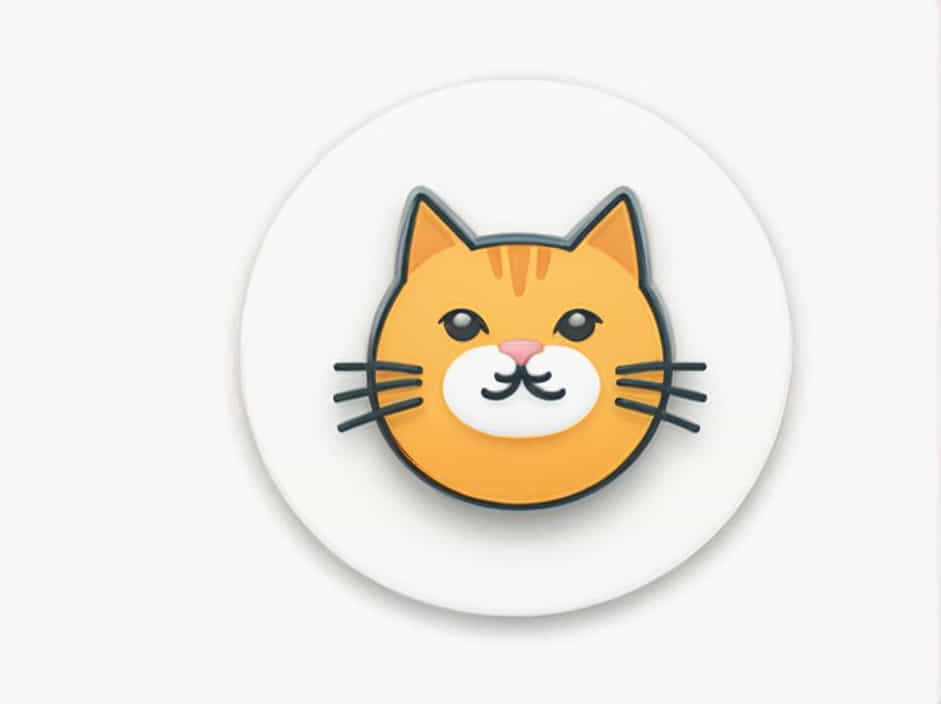If you have a cat, you may have experienced the mysterious and loud caterwauling that often happens early in the morning. This strange, wailing sound can be surprising, especially if it wakes you up before sunrise. But why do cats caterwaul in the morning?
Cats vocalize for various reasons, including hunger, attention-seeking, mating behavior, or even medical issues. Understanding the cause of your cat’s caterwauling can help you manage this behavior and ensure your feline friend is happy and healthy.
What Is Caterwauling?
Caterwauling is a long, drawn-out, and often high-pitched vocalization that cats use to communicate. It is different from normal meowing and can sometimes sound distressed, urgent, or even eerie.
Not all cats caterwaul, but when they do, it is usually a sign that they are trying to get attention, express discomfort, or communicate something important.
Common Reasons Cats Caterwaul in the Morning
1. Hunger and Feeding Routine
One of the most common reasons cats caterwaul in the morning is hunger. Cats are creatures of habit, and if they are used to being fed at a certain time, they may start vocalizing before their expected mealtime.
- Cats have an internal clock that tells them when it’s time to eat.
- If their food bowl is empty, they might caterwaul loudly to wake you up.
- Some cats learn that making noise gets them fed faster, reinforcing the behavior.
Solution: Try using an automatic feeder to regulate feeding times, so your cat doesn’t associate waking you up with getting food.
2. Attention-Seeking Behavior
Cats are independent, but they still crave attention and companionship. If your cat caterwauls in the morning, it could be their way of saying:
- “I want to play!”
- “Pet me!”
- “I’m bored!”
Some cats wake their owners up just because they want interaction. This is especially common in single-cat households, where the cat relies solely on their human for stimulation.
Solution: Ensure your cat gets enough playtime before bed, so they are less likely to seek attention in the early morning.
3. Mating Behavior
Unspayed or unneutered cats are more likely to caterwaul, especially during mating season. Female cats in heat often make loud, drawn-out calls to attract males, while male cats caterwaul when they sense a nearby female in heat.
Signs of mating-related caterwauling:
- Loud, repetitive yowling
- Restlessness and pacing
- Attempting to escape outdoors
- Spraying or marking territory
Solution: If your cat is not yet spayed or neutered, consider getting them fixed to reduce excessive vocalization and prevent unwanted litters.
4. Aging and Cognitive Dysfunction
As cats grow older, they may develop cognitive dysfunction syndrome (CDS), which is similar to dementia in humans. One symptom of this condition is increased vocalization, especially at night or early morning.
Older cats may caterwaul due to:
- Disorientation and confusion
- Anxiety or stress
- Hearing loss, which makes them unaware of how loud they are
Solution: If your senior cat suddenly starts caterwauling excessively, visit the vet for a check-up. Night lights and calming pheromones may help reduce anxiety.
5. Territorial Instincts
Cats are territorial animals, and if they see another cat outside, they may caterwaul as a warning or challenge. This behavior is common in cats that:
- Have access to windows with a view of the outdoors
- Live in areas with a high stray cat population
- Are naturally dominant or aggressive
Solution: Use curtains or frosted window film to block your cat’s view of outdoor intruders. Providing interactive toys and scratching posts can also help redirect their territorial energy.
6. Medical Issues or Pain
If your cat suddenly starts caterwauling more than usual, it could be a sign of an underlying medical condition. Some common health problems that cause increased vocalization include:
- Hyperthyroidism – Overactive thyroid, leading to restlessness and loud meowing.
- Urinary tract infections (UTIs) – Pain while urinating, causing distress and loud cries.
- Arthritis – Older cats may vocalize if they are in pain when moving.
Solution: If your cat’s caterwauling seems excessive, sudden, or different than usual, take them to the vet for a check-up.
7. Stress and Anxiety
Cats are sensitive to changes in their environment, and stress can trigger excessive vocalization. Common stressors include:
- Moving to a new home
- New pets or family members
- Changes in routine
- Loud noises or construction
When stressed, cats may caterwaul more frequently as a way to express their discomfort.
Solution: Provide hiding spots, calming pheromones, and a stable routine to help your cat feel safe.
How to Stop Your Cat from Caterwauling in the Morning
If your cat’s morning caterwauling is disrupting your sleep, try these solutions:
✔ Ignore the behavior. If you respond to the noise, your cat may learn that caterwauling gets attention.
✔ Adjust feeding schedules. Use an automatic feeder to prevent hunger-related yowling.
✔ Increase playtime. Give your cat active play sessions before bedtime to burn off excess energy.
✔ Provide a routine. Cats thrive on consistency, so keep their daily schedule as predictable as possible.
✔ Visit the vet. If the caterwauling is sudden or excessive, rule out medical conditions.
Cats caterwaul in the morning for various reasons, from hunger and attention-seeking to medical issues and territorial instincts. While this behavior is natural, excessive or sudden caterwauling could indicate a problem.
By understanding why your cat makes these loud morning calls, you can take steps to reduce unnecessary vocalization while ensuring your feline friend stays happy and healthy.
